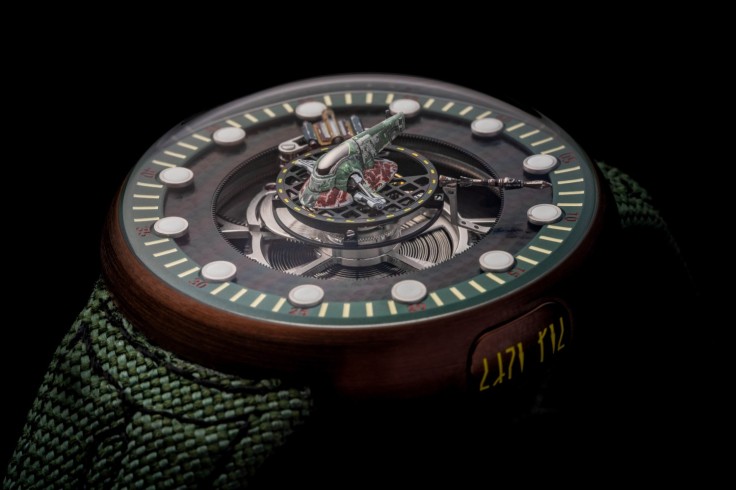
Today, almost everyone on earth uses a clock to organize daily activities. When synchronizing their efforts and activities, whether they are meeting with another person, working as a team, or working alone on a project, people can use clocks.
Have you ever wondered how we would determine the time without clocks? It might not seem important now, but when our ancestors were living in the early ages and relying on the sun, it undoubtedly was. Unquestionably, the clock has had a significant influence on life as we know it.
Below is a brief history of the invention of clocks as we have compiled from ThoughtCo and Interesting Engineering:
Sundials and Obelisks
Egypt is home to the oldest sundial, which dates back to roughly 1,500 B.C. Shadow clocks, which were the first tools for measuring time, are where sundials originated. The Shadow Clocks could divide the day into twelve 12-hour blocks and used some of its massive obelisks to monitor the sun's motion.
Greek Water Clocks
Around 250 BC, the Greeks developed a clepsydra, a type of water clock. Early water clocks consisted of a simple water reservoir with a small hole drilled into the bottom. Hours inside the water reservoir were marked off with lines, allowing the water to drain at a constant rate.
Candle Clocks
A Chinese poetry from 520 A.D. has the earliest recorded mention of candle clocks. The poem claims that the candle, with its calculated rate of burn, served as a tool for calculating the time at night.
Hourglass
One of the earliest trusted, reusable, reasonably accurate time-measurement tools was the hourglass, which has been in use since the 15th century.
Monastery Clocks and Clock Towers
Christian monks were the first clockmakers in medieval Europe. Around the year 996, the future pope Sylvester II constructed the first known clock.
Wrist Watch
Peter Henlein invented the first portable watch in Nuremberg, Germany, in 1504. The problem is that it wasn't really precise.
Meanwhile, the French philosopher and mathematician Blaise Pascal is known to have been the first person to really wear a watch on their wrist.
Minute Hand
Jost Burgi created the minute hand in 1577. Tycho Brahe, an astronomer who required an accurate clock for stargazing, commissioned Burgi to create a clock that used his innovation.
Pendulum Clock
Clocks became more precise after Christian Huygens created the pendulum clock in 1656.
Mechanical Alarm Clock
Levi Hutchins, an American, created the first mechanical alarm clock that could only count at 4 a.m. in 1787.
Standard Time
Standard time, which is the synchronization of clocks within a region to a single time standard, was created in 1878 by Sir Sanford Fleming. It was created to help with train travel and weather forecasts. The time zones of the 20th century were evenly distributed throughout the geographical areas.
Related Article : Did You Know That the Microwave Oven Was Invented by Accident?









